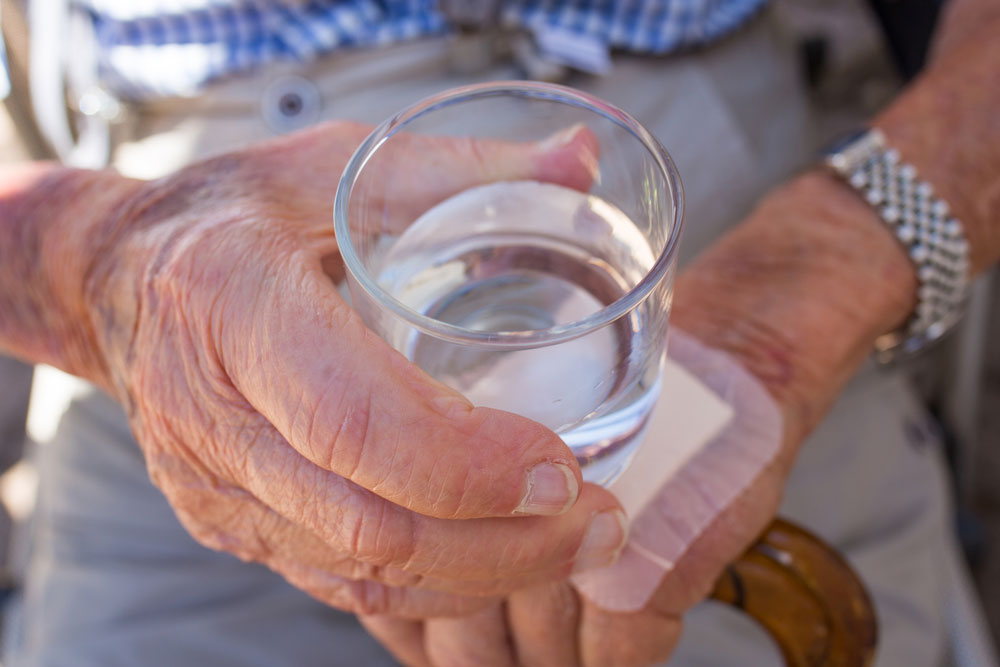While anyone can become dehydrated, older people are more vulnerable for several reasons. Firstly, they go through a number of physiological changes as a natural result of aging. However, the situation is often complicated by illness and mental and physical challenges. Given the dangers associated with dehydration, you’ll need to do what you can to ensure your loved one gets enough fluids. If they reside in an assisted living center in Boynton Beach, you can be sure they’ll get all the help they need to maintain hydration.
What You Need to Know About Dehydration in Elderly People
Older people often have a reduced sense of thirst and this may be worse in those who have suffered a stroke or those who have Alzheimer’s disease. Therefore, you shouldn’t rely on your elderly parent or relative to tell you they feel thirsty. Seniors with poorly controlled diabetes, swallowing difficulties, and limited mobility are also more likely to become dehydrated.
Laxatives, diuretics, and other drugs can exacerbate the situation. Also of note, individuals who are incontinent or immobile may deliberately limit their fluid intake, thereby predisposing themselves to dehydration.
Dehydration is linked to a range of poor outcomes ranging from increased feelings of tiredness and poor memory to increased hospitalization and mortality. People who are dehydrated are at risk of weakness, low blood pressure, dizziness, and even bedsores. Dehydrated seniors are also more likely to develop constipation and urinary tract infections.
Signs of Dehydration
Even though your loved one may not be able to tell you that they feel thirsty, you’ll be able to pick up the visible indicators if you know what to look for. You may notice sunken eyes, inelastic skin, dryness of the lips, confusion, drowsiness, or dizziness. The color and smell of the individual’s urine can also be a useful guide. If their urine is dark and has a strong smell, this may be a symptom of dehydration. Reduced urine output can also indicate that an individual isn’t consuming enough fluid. To ensure adequate hydration, you need to monitor your loved one’s fluid intake.
Preventing Dehydration in Older People at an Assisted Living Center in Boynton Beach
There are multiple ways to help seniors stay hydrated. In a Boynton Beach assisted living community, staff will be able to recognize when residents aren’t drinking enough and help them to drink more. This may include making it easier for them to access water and other liquids and ensuring they can easily make it to the bathroom.
If you’re caring for your loved one at home, you can:
- Establish a daily goal for fluid intake
- Have beverages available at all times
- Provide drinks the individual enjoys
- Add fruit to water to make it more palatable
- Offer fluids regularly throughout the day
- Provide special cups or other aids if needed
Get Help with Caring for Your Loved One at an Assisted Living Center in Boynton Beach!
If you think the time has come for your loved one to move into an assisted living center in Boynton Beach, reach out to Courtyard Gardens Senior Living to find out about the services we offer. Our staff members are highly trained in caring for elderly people and we know the common problems to look out for, including dehydration. Get in touch with us today.


